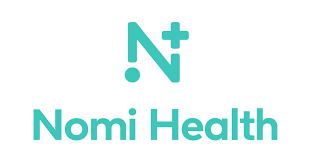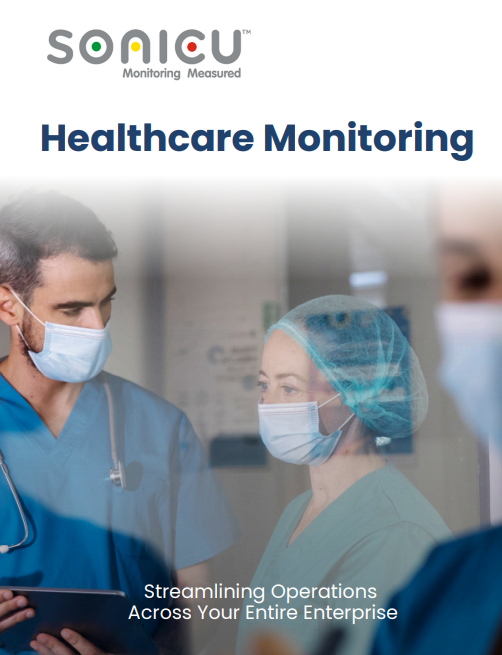
Healthcare Monitoring
Overview of Sonicu's cloud-based platform for real-time environmental monitoring.
Sonicu offers a comprehensive suite of monitoring solutions
that help organizations safeguard assets, automate compliance and reduce manual processes.
From protecting vaccines and research materials to safeguarding food service and facility operations, Sonicu’s monitoring applications cover temperature, humidity, pressure, and more. Whether you’re in healthcare, life sciences, food safety, or other industries, Sonicu provides visibility, compliance, and peace of mind across all your critical applications.
Designed with safety, efficiency and compliance always top of mind, we’ve evolved over a decade with continuous improvements from customer feedback. Serving the healthcare, research and food service industries.
Whether you're solving basic temperature monitoring needs or managing complex, multi-environment compliance, Sonicu’s full line of meters, sensors, and hubs has you covered.
Sonicu offers a comprehensive suite of monitoring solutions
that help organizations safeguard assets, automate compliance and reduce manual processes.

Understanding Heat Stress and OSHA Regulations: How to Protect Your Employees and Ensure Compliance
Temperature monitoring is an essential part of regulations and protocols across food service, manufacturing, pharmaceuticals, and healthcare. No matter which industry you’re in, Sonicu has a solution to keep your frozen or refrigerated assets in optimal condition while keeping you in compliance.
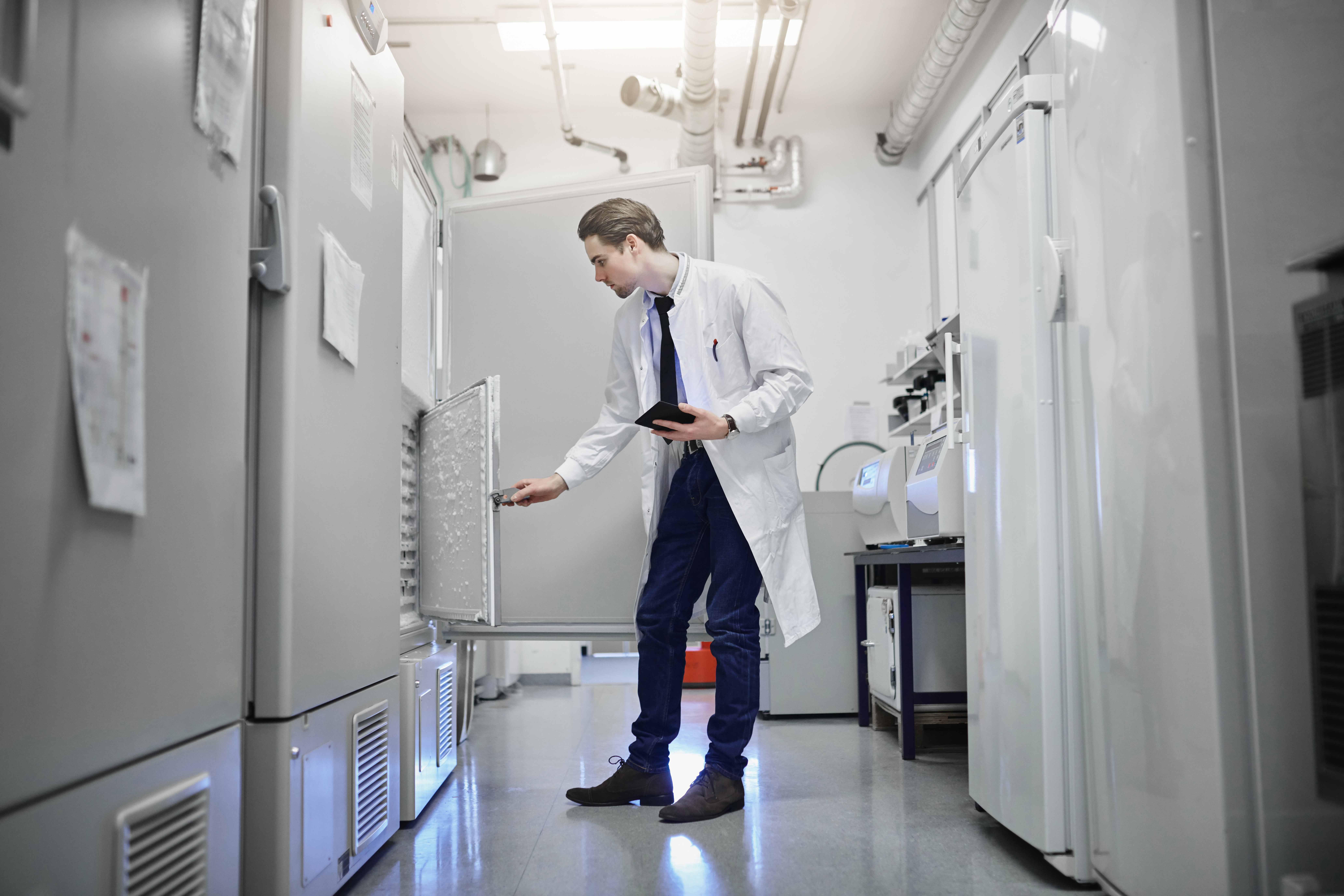

.png?width=95&height=95&name=image%20(9).png)

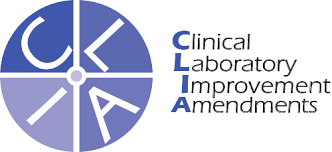


Whether you're managing a vaccine fridge, a -80°C ultra-low freezer, or a walk-in cooler in the basement, Sonicu helps ensure compliance with CDC, USP <797>/<800>, and Joint Commission standards.

Automate precise monitoring and documentation while maintaining drug integrity and potency.
From retail pharmacies, hospital compounding , and distribution centers, Sonicu delivers a flexible, all-in-one monitoring platform built for the evolving demands of pharmaceutical operations.
Whether you're storing, mixing, or dispensing medications, Sonicu gives your team the tools to stay compliant, connected, and in control — anywhere in the supply chain.

Protect irreplaceable research and priceless biological samples with a system that will maintain strict temperature protocols.
Sonicu provides clinical and research labs with a comprehensive temperature monitoring platform built to safeguard critical samples, reagents, and specimens — from ambient storage to -80°C freezers and incubators.

Receive instant alerts to prevent spoilage, reduce maintenance costs, and ensure that your supply chain stays on track without unexpected surprises.

Temperature fluctuations can quickly lead to spoilage, lost inventory, and costly delays. Sonicu’s real-time temperature monitoring helps you stay ahead of risks with instant alerts and remote access to current and historical data.






Healthcare facilities face staffing shortages, reimbursement challenges, and rising compliance demands. Maintaining the Joint Commission standards must be as easy and efficient as possible. Sonicu simplifies your path to compliance and accreditation with automated environmental monitoring, real-time alerts, and audit-ready reporting delivered to your inbox.

Meeting CDC VFC program requirements doesn’t have to be complicated or time-consuming, especially when your time and resources are limited. Sonicu delivers a simple, proven solution to protect vaccine integrity and satisfy state reporting standards without adding to your team’s workload.
Sterile compounding and hazardous drug handling come with strict environmental control requirements. With a full suite of sensors and compliance-ready reports, Sonicu makes it easy to meet USP requirements for temperature, humidity, differential pressure, and cold storage while keeping your staff safe and inspectors satisfied.
.png?width=80&height=80&name=FDA%20Logo%20(2).png)
From 21 CFR Part 11 to audit trails and IQ/OQ validation, Sonicu simplifies FDA compliance. Our platform, designed from the ground up to meet FDA manufacturing requirements, includes security across solutions. Sonicu combines AWS cloud hosting, validated software, and e-signature support to meet electronic recordkeeping and data integrity requirements in regulated manufacturing environments.

Every food service operation and kitchen needs a HACCP plan, but relying on clipboards and manual logs puts your compliance and reputation at risk. Sonicu makes it easy to automate your critical control point monitoring with wireless temperature sensors and cloud-based corrective action logs.

As OSHA expands enforcement around heat stress, Sonicu helps you stay ahead of workplace safety compliance. Our wireless sensors track temperature, humidity, and calculate heat index automatically, helping you identify and respond to dangerous conditions before they impact your team.

Stay connected to your most critical cold storage conditions, wherever you are. The SoniCloud mobile app gives you instant access to live temperature readings, alarm statuses, and historical data straight from your smartphone or tablet.
✔ Receive real-time alerts to prevent costly losses
✔ Snooze, comment, or resolve alarms right from your device
✔ Empower your team with 24/7 visibility and peace of mind
From the specially calibrated hardware, robust alert features, and automated reporting, Sonicu’s complete solution simplifies the most daunting yet crucial tasks of precise temperature logging and documenting.
Protect priceless samples and materials with a system built to eliminate manual checks, reduce risk, and keep you inspection-ready 24/7.
✔ Comprehensive compliance features including audit-ready reporting
✔ Centralized data for all your temperature storage points
✔ Trusted by leading hospitals, schools, and labs across the U.S.
.png?width=1075&height=545&name=Compliance%20Trust%20Bar%20with%20Devices%20(1).png)
Ensure patient safety and regulatory compliance with confidence. Sonicu provides reliable, 24/7 monitoring for vaccines, labs, blood banks, and cleanroom environments, helping you protect patients and maintain critical standards.
Provide automated environmental monitoring that supports a wide range of pharmacy types. Sonicu streamlines regulatory compliance, protects high-value medications, and reduces operational risk. From continuous temperature, humidity, and pressure monitoring, our platform gives you the tools to simplify compliance for USP, BoP, CDC, and more.
Protect food safety at every stage. From manufacturing to distribution and commercial kitchens, Sonicu helps protect food safety at every stage. Our real-time temperature monitoring, smart alerts, and automated digital logs support compliance with HACCP and FDA regulations, ensuring your food stays safe, your operation runs smoothly, and you're always inspection-ready.






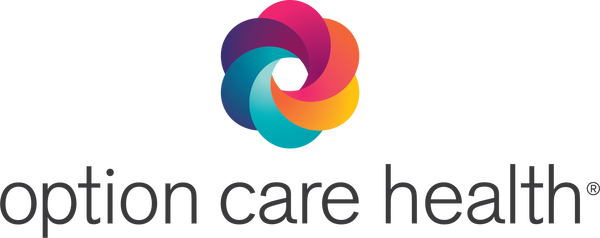

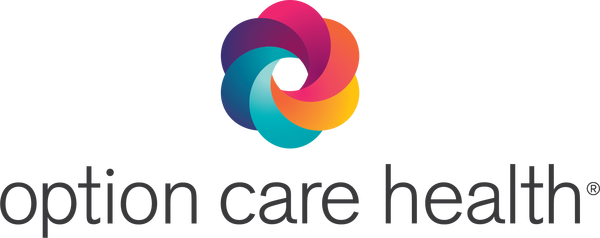




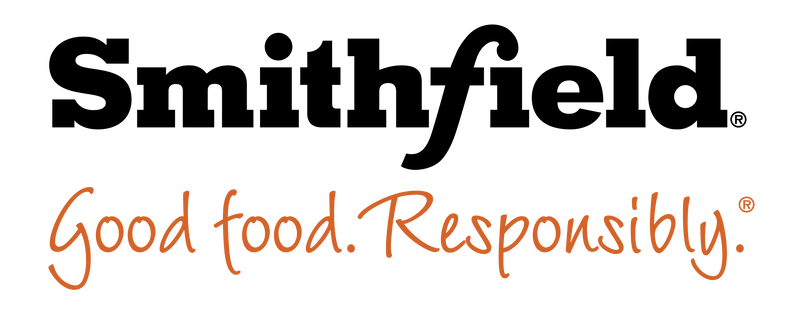
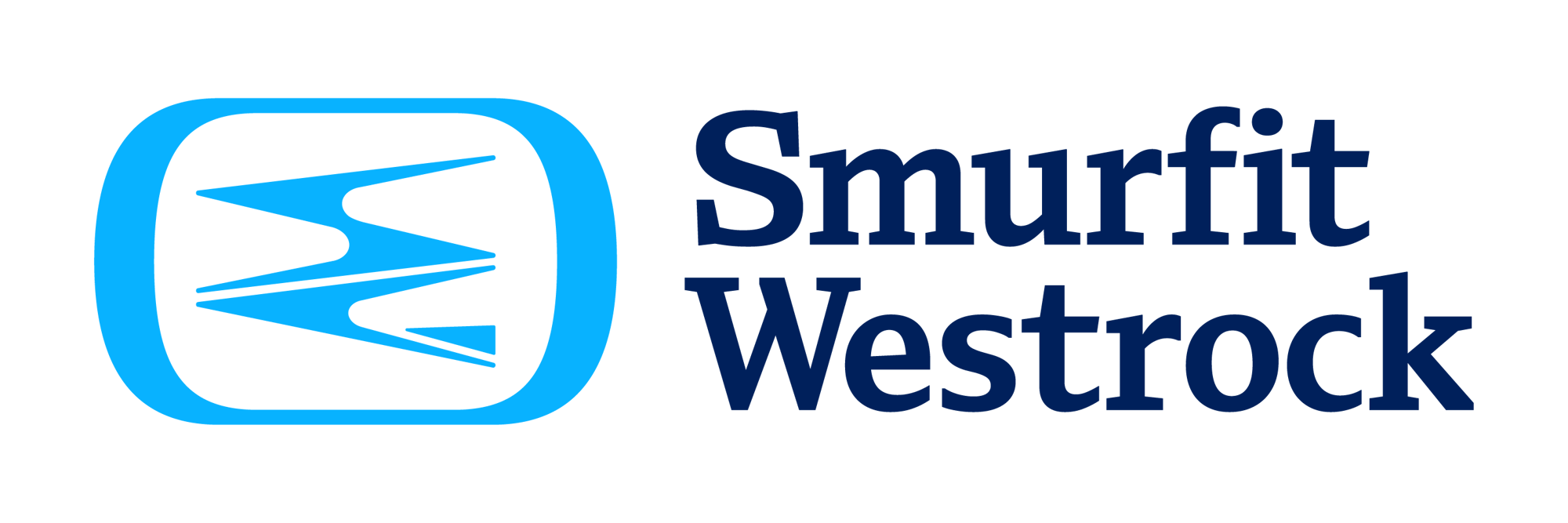


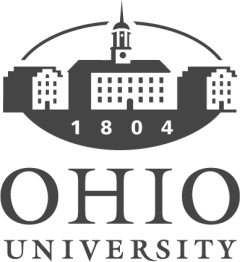

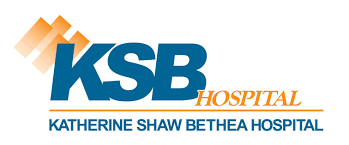
Our policy is to check temperatures on all our fridges and freezers twice a day. With small outlying clinics that aren’t staffed seven days a week, we’d come in Monday morning, hoping the temperatures held steady over the weekend. We needed visibility on the fridges, especially after the loss we just suffered.

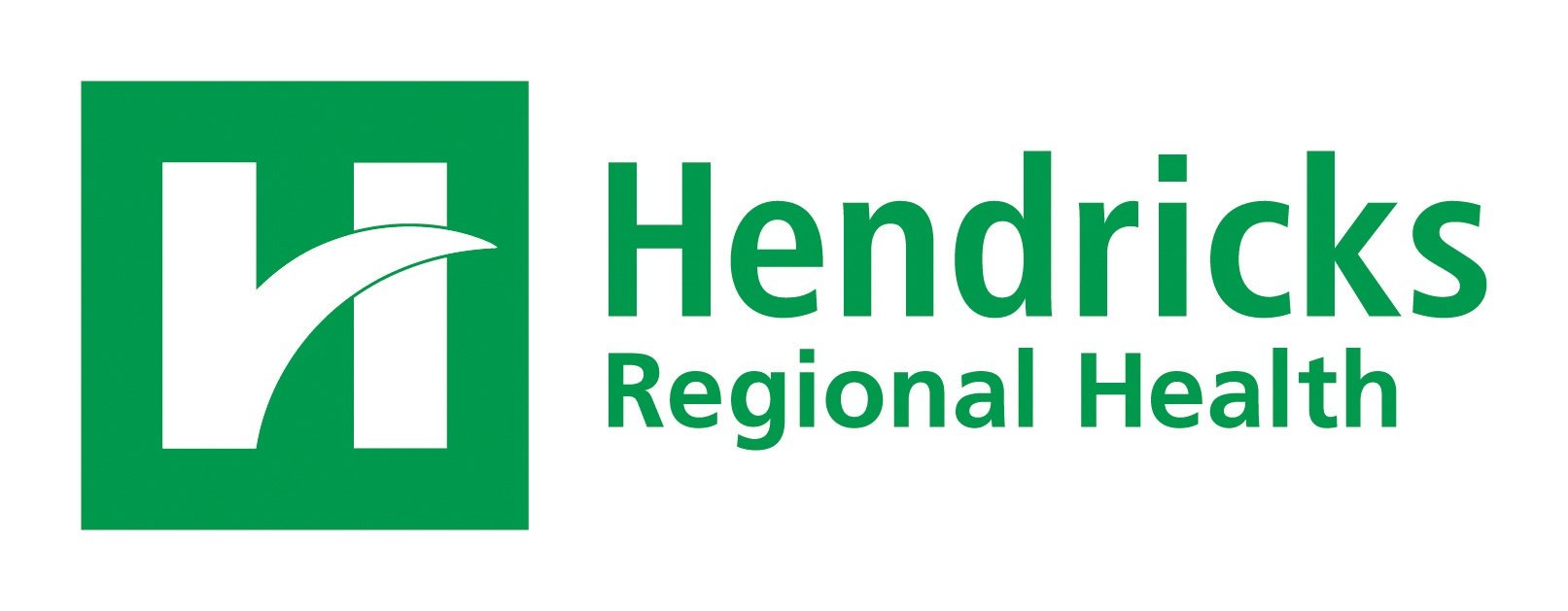

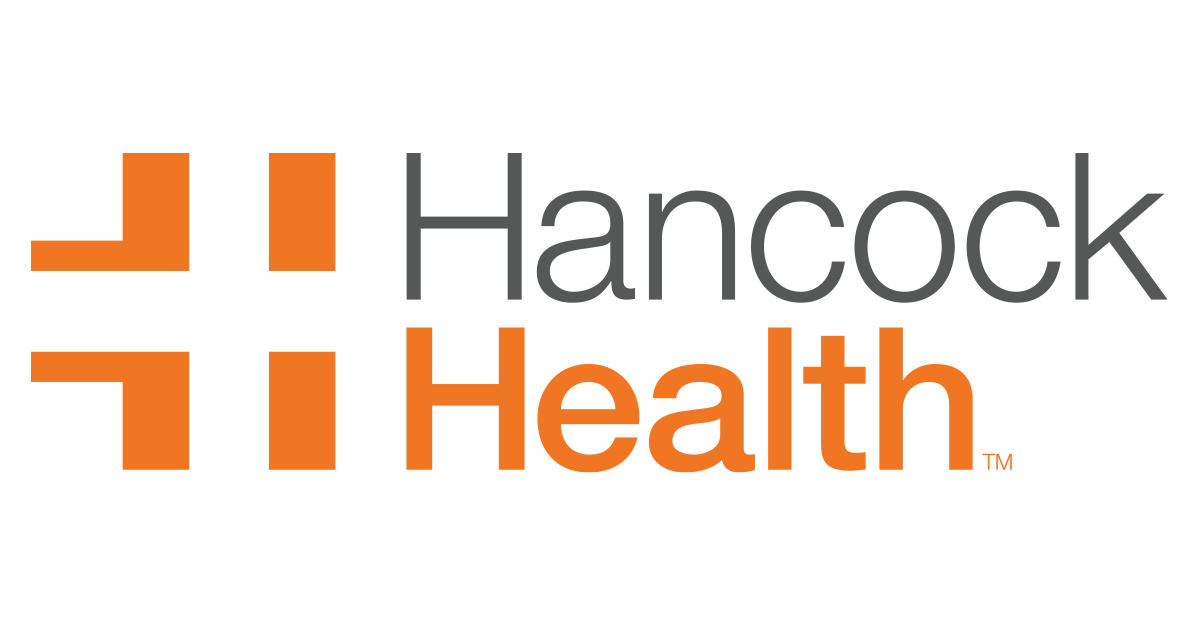
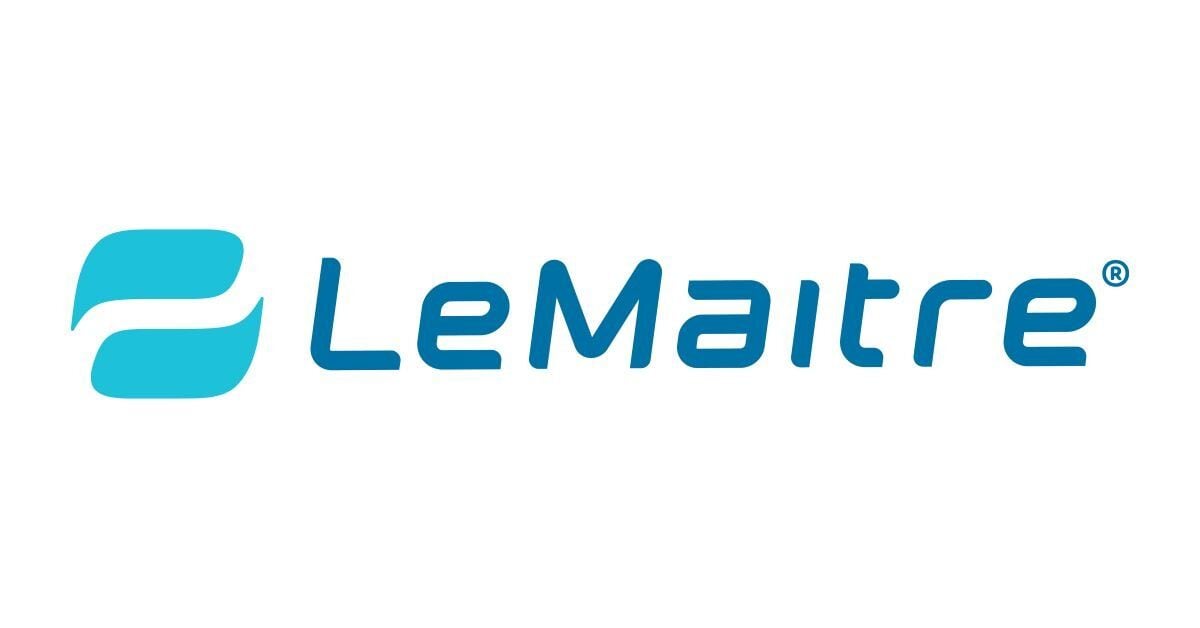
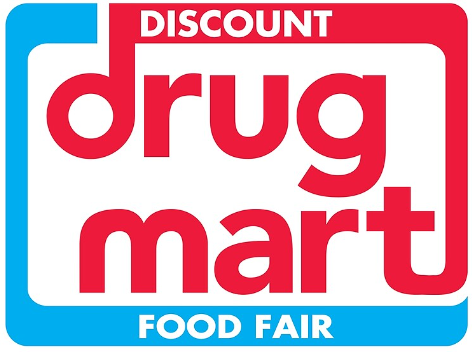
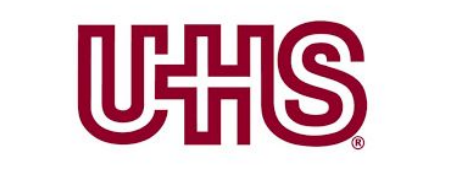

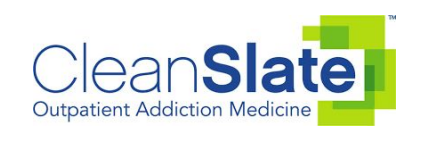
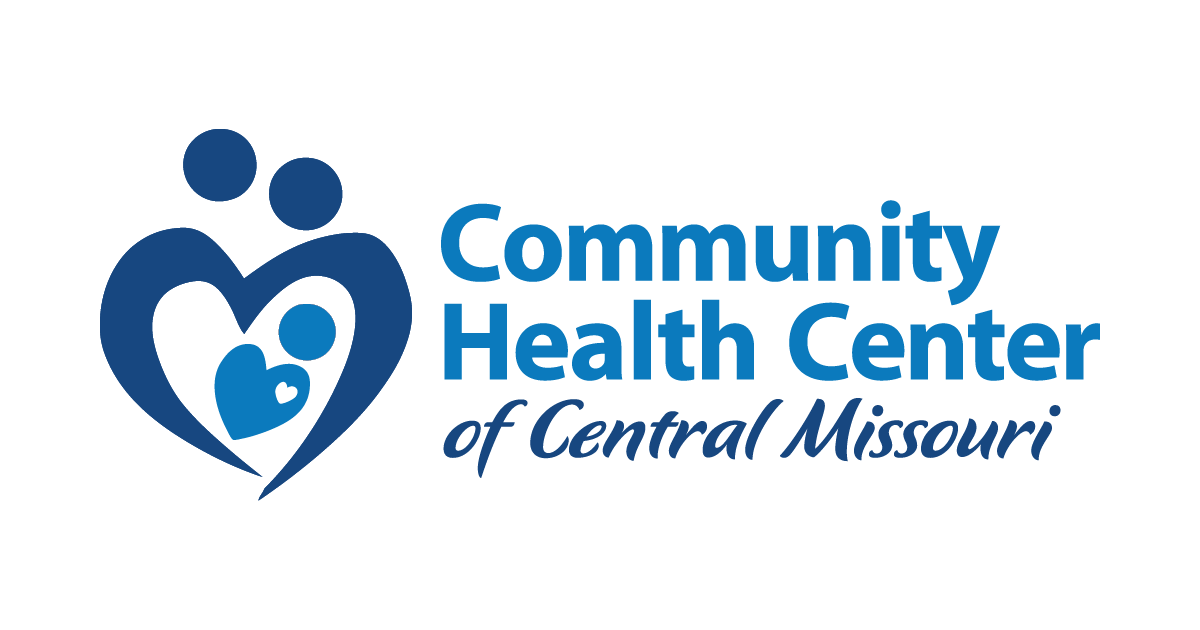
When we put the numbers in front of our leadership and showed them how much time we were going to save with a remote system and automated monitoring versus the time we used to spend managing the system, it was a no-brainer, and we pulled the trigger right away.

